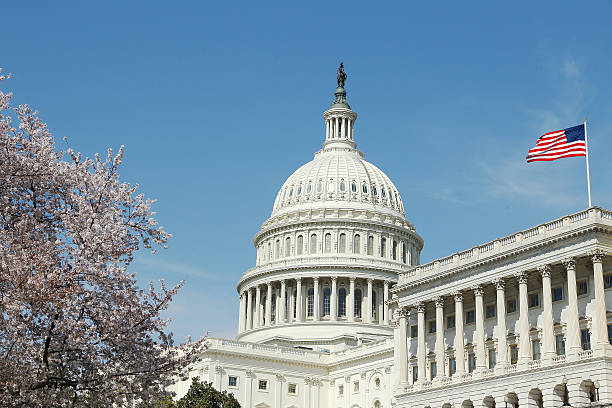The U.S. Senate passed the DEFIANCE Act to combat non-consensual deepfake pornography, enhancing protections for individuals against unauthorized use of their likeness in explicit content.

The U.S. Senate has voted on a “anti-deepfake” law that is intended to safeguard individuals from the non-consensual use of their visage in pornographic content.
“The DEFIANCE (Disrupt Explicit Forged Images And Non-Consensual Edits) Act, which was introduced by Sen. Richard Durbin (D-IL) and passed through the Senate on Monday, aims to enhance the rights of individuals affected by non-consensual activities,” according to a copy of the bill’s text.
It has now been transferred to the House of Representatives, where it will be reviewed before being enshrined into law and sent to President Joe Biden.
Victims will have the ability to pursue legal action against “digital forgeries” that are perpetrated using software, machine learning, AI, or other computer-generated or technological methods to create images that falsely resemble authentic sexualized images for a period of up to ten years, which is double the standard statute of limitations.
It would enable courts to grant punitive and equitable relief, such as injunctions, while also allowing identifiable individuals to recover damages, including liquidated damages up to $250,000, litigation costs, and actual damages. Furthermore, it safeguards plaintiffs’ privacy by permitting the use of pseudonyms and regulating the disclosure of sensitive information in court.
Not only can action be taken against the individual who created the material, but also against anyone who possesses or distributes it.
Nevertheless, the measure only addresses the tip of the iceberg in terms of the potential damage that deepfakes can cause, according to experts.
Although the act is limited to sexualized images, Svetlana Sicular, VP analyst at Gartner, stated to Decrypt that the action should serve as the beginning, not the conclusion, of the criminalization of such conduct.
There are further bills in government to address deepfakes in a more holistic sense, such as H. R. 5586, which would attack the use of deepfake technology to produce “any advanced technological false personation record that contains a moving visual element.” That bill, however, has not progressed since September 2023.
